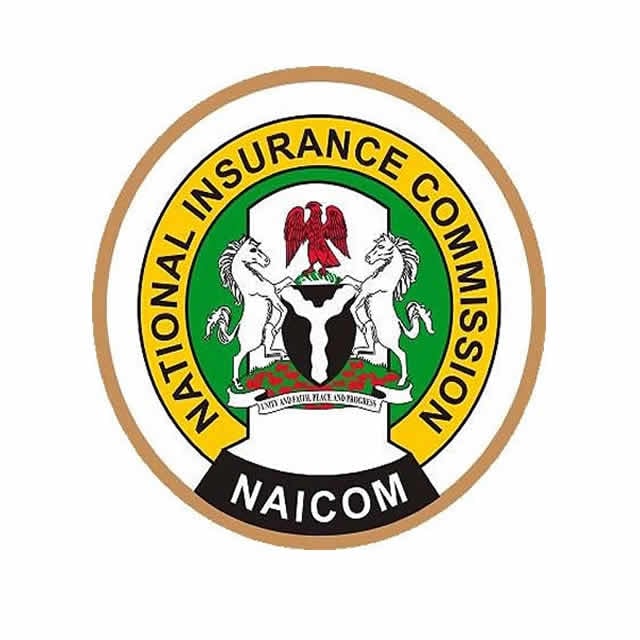Capital Flight and the Nigerian Health Insurance Landscape
The Nigerian insurance sector faces a significant challenge in the form of capital flight, with an estimated $2 billion annually leaving the country as multinational corporations opt for international health insurance providers for their employees. This outflow represents a substantial loss for the domestic insurance industry and the Nigerian economy as a whole. The National Insurance Commission (NAICOM) has recognized this issue and is actively seeking solutions to retain these funds within the country. Current legislation, specifically the Nigerian Insurance Industry Reform Act, mandates that local capacity be fully utilized for health insurance before seeking coverage abroad. However, the enforcement of this provision remains a key challenge, and NAICOM is exploring various strategies to ensure compliance and promote the growth of the domestic health insurance market.
The existing legal framework aims to prioritize local insurers and reinsurers for health insurance coverage originating in Nigeria. Section 204 of the Nigerian Insurance Industry Reform Act explicitly places health insurance under the purview of domestic insurance or reinsurance business, underscoring the intention to bolster the local industry. Furthermore, Subsection 7 of the Act stipulates that foreign or international health insurance providers must obtain prior approval from NAICOM before conducting any health insurance business related to Nigeria. Non-compliance carries a penalty equal to or exceeding the total premium involved. This legal framework emphasizes the importance of utilizing local capacity and seeks to curb the flow of premiums to international providers.
Despite these regulations, a substantial portion of health insurance premiums continues to flow out of the country. The preference for international providers by multinational corporations stems from various factors, including perceived higher quality of service, broader coverage options, and established international networks. To address this, NAICOM needs to not only enforce existing regulations more rigorously but also work towards enhancing the capacity and capabilities of domestic insurers to compete effectively with their international counterparts. This could involve promoting best practices, fostering innovation, and improving service delivery within the Nigerian health insurance sector.
NAICOM is also exploring innovative approaches to expand insurance penetration beyond traditional areas. One such avenue is insurance for voters, a concept currently under discussion. While the Independent National Electoral Commission (INEC) provides insurance coverage for its staff and equipment during elections, voters themselves remain uninsured. Recognizing this gap, NAICOM is considering collaborations with other agencies and stakeholders to develop insurance products tailored to the needs of voters. This initiative reflects a broader effort to extend the reach of insurance and embed it more deeply within the social fabric of Nigeria.
The evolution of the health insurance landscape in Nigeria presents both challenges and opportunities. While the current regulatory framework seeks to promote local capacity, the practice of multinational corporations opting for international providers continues to drain resources from the domestic market. The challenge for NAICOM lies in effectively enforcing existing regulations and developing strategies to encourage greater participation in local health insurance schemes. This requires not only regulatory oversight but also proactive measures to enhance the competitiveness and attractiveness of domestic insurance offerings.
Further development of the health insurance sector could be catalyzed by recent legislative changes, such as the increase in minimum capital requirements for insurance companies. This may prompt insurers to explore new avenues for growth and innovation, including a renewed focus on health insurance. Historically, some insurers have been hesitant to fully engage in this market due to concerns about moral hazard and the complexities of managing health insurance claims. However, advancements in technology, data analytics, and risk management practices offer new tools and strategies to mitigate these risks. The emergence of co-pay systems and other innovative insurance models also holds promise for expanding access to affordable and comprehensive health coverage in Nigeria.














